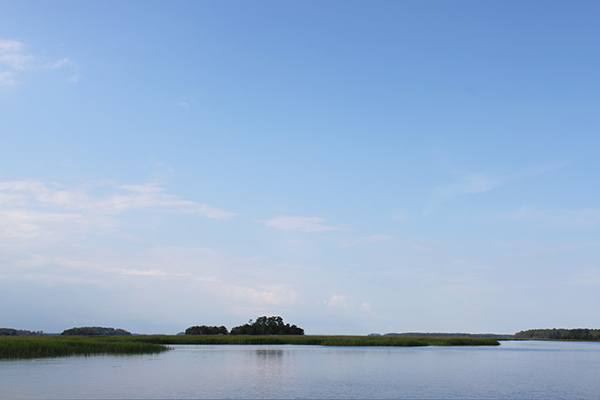by Harry on September 18, 2014
I’ll be open about my preference, only in order to tell a story. The issue came up last week in a class of mine which contains a student from the UK. I made an off-hand comment (overstating the case) that I was a bit shocked to find out that I am a hard line unionist. Two minutes later the student, sounding quite distressed, said “Yes, that’s what I’ve found out too”. I said “what, in the course of the campaign” and she said “No. 2 minutes ago”. I felt guilty. Still do.
However things go, if you want a really fun read, try CJ Sansom’s Dominion . Well, if the No vote wins, and you are very disappointed indeed, you might want to wait a year or so.
. Well, if the No vote wins, and you are very disappointed indeed, you might want to wait a year or so.
Anyway go ahead. Please be polite — at some point I will go to bed and stop monitoring.
by Belle Waring on September 18, 2014
So, I was reading The Carolina Low-Country, published in 1931, which is a multi-author description of the physical beauty and lost culture of chivalric uh whatever of the Low Country, with a large section of Negro Spirituals in Gullah. (In practice this means they look as if they were written in old-timesy ‘let’s make fun of black people’s accents’ speak, but since no one knew the IPA and it is a real creole I’m inclined to let it slide.) Naturally its opening contribution is by a Ravenel, Charleston’s most prominent family. One of my father’s favorite stories is of the two drunk men walking along the river in Charleston: one sways and falls, clutching at the other, and they both go into the river, at which point one of them shouts “save me, for I am a Ravenel!” Since this is a True Tale of the Old South it’s almost certainly actually true; that’s just how these things work. If it included more, less probable elements it would be likelier. Like if he was bit by an alligator near Colleton or something. In any case, I came upon this gem (it has been previously established that “most important, and most purely African, is the negro’s highly developed sense of rhythm”):
To say that the spiritual is entirely or exclusively the work of the negro, or that it is “purely African in origin” is absurd. To its development, the negro brought certain highly essential qualities. Other factors necessary for the development of the spiritual he found on this side of the water. The blending and developing required infinite leisure. [emphasis mine] And this he had, for his many and varied tasks required of him in the main purely physical labor. He could, at all times, apply himself to singing while he worked.
I was ready to chuckle over the frontispiece and the second Ravenel and the two Pinckneys on the eleven-author list (one of my brothers best schoolfriends, and our next-but-three neighbor in S.C. is a Thomas Pinckney) when I looked a leeetle more closely and saw #5: Thomas R. Waring. Well, at least I’m not a white person who pretends I never personally benefited from slavery! Below, the salt-water marsh of the May River in Bluffton, which opens up to the sea behind Hilton Head Island. They never could grow anything on that. That’s just a place to hunt deer and ducks on the hammocks, and fish, and shrimp, and get oysters and crabs. I say “just” but it’s so beautiful back in there. One place across from us we call “the Lost World,” because the brackish water gets even less salt as it forms a lagoon next to black-water swamp, and the water is clear but dark like strong tea, and every bald cypress and palmetto and pine and little water oak has tattered festoons of spanish moss gray hanging down, and everything doubled in the still mirror of brown-black water. Cicadas are the only noise, making it alternately deafening and loudly silent. I saw the biggest water moccasin in the world back there one time, crazing the black mirror with S-curves. Leisurely, like. Not the rice-planting kind, the other kind.

. Well, if the No vote wins, and you are very disappointed indeed, you might want to wait a year or so.
